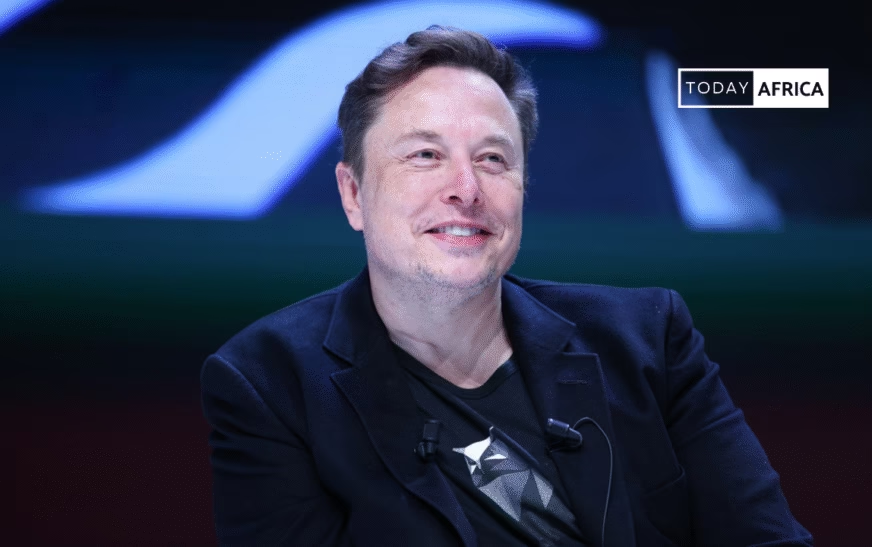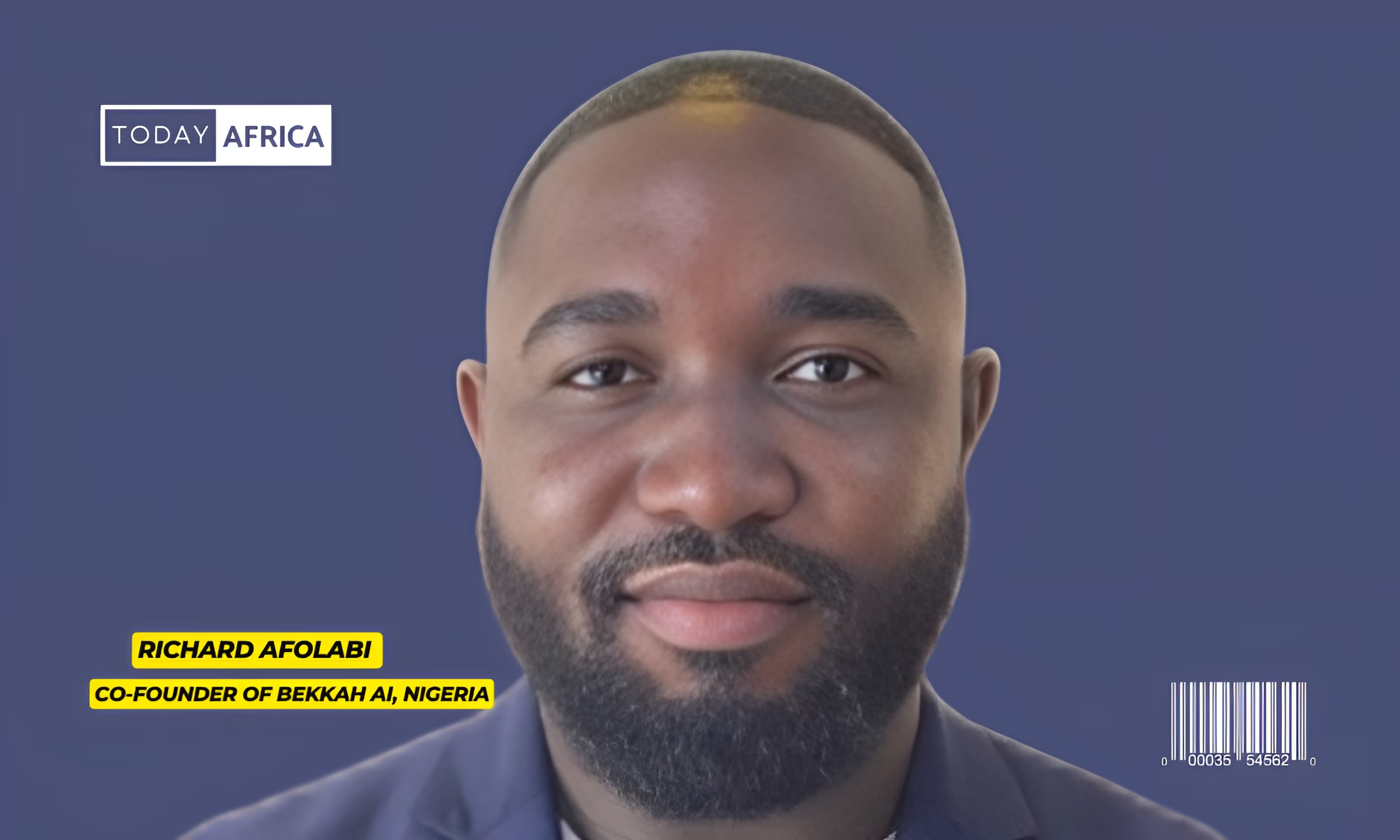Tesla to launch its first African operations in Morocco, marking a significant development in the continent’s automotive industry.
The company has posted a job opening in Casablanca for a Moroccan Country Sales & Delivery Leader, who will be responsible for driving sales, managing deliveries, overseeing daily operations, and expanding Tesla’s market share.
The successful candidate will also serve as Tesla’s local ambassador, providing insights and guidance on decisions that impact business outcomes. Tesla’s entry into Morocco comes despite the country having a smaller car market than South Africa, Africa’s largest vehicle market.
Morocco’s automotive industry is quickly growing and is projected to overtake South Africa’s production this year. In 2024, Morocco produced 559,645 cars, a 5% increase from 2023, while South Africa’s output decreased by 5% to 599,755 units.
Morocco’s advantages and EV growth
Morocco now produces more passenger vehicles than South Africa. It also leads in electric vehicle (EV) production, with 40,000–50,000 EVs expected to be produced in 2024. South Africa has not yet manufactured a fully electric car.
The country also provides better access to European markets and lower shipping costs than South Africa. It also has a more developed EV charging infrastructure, with around 1,000 stations compared to South Africa’s 400-500.
Read also: NCC shuts down several .NG domains over piracy allegations
The Moroccan government is encouraging the growth of the electric vehicle (EV) market through incentives. There is no value-added tax or customs duties on EV imports.
Companies that use EVs also receive extra advantages. In 2024, 1,125 EVs were sold in Morocco. Sales are predicted to increase to 4,248 units in 2025.
What Tesla’s entry means for the African automotive market
Tesla’s entry into Morocco could speed up the country’s development as a major hub for vehicle production in Africa.
South Africa is behind in adopting electric vehicles because of high import taxes and few government incentives, which have kept the market small. On the other hand, Morocco’s policies and infrastructure make it more appealing to both electric vehicle manufacturers and customers.
Tesla’s arrival could make the electric vehicle market in Africa more competitive. BYD, a Chinese EV company, is already working in South Africa by investing a lot in dealerships, charging stations, and cheaper EVs.
Because Tesla is entering the market, other companies may try to expand, leading to increased investment and new ideas in the area.
This move could encourage other automakers to invest in North Africa, leveraging Morocco’s growing automotive industry and EV incentives.
South Africa will need to accelerate its efforts in EV production, adoption, and infrastructure development to remain competitive.
Leave a comment and follow us on social media for more tips:
- Facebook: Today Africa
- Instagram: Today Africa
- Twitter: Today Africa
- LinkedIn: Today Africa
- YouTube: Today Africa Studio
















